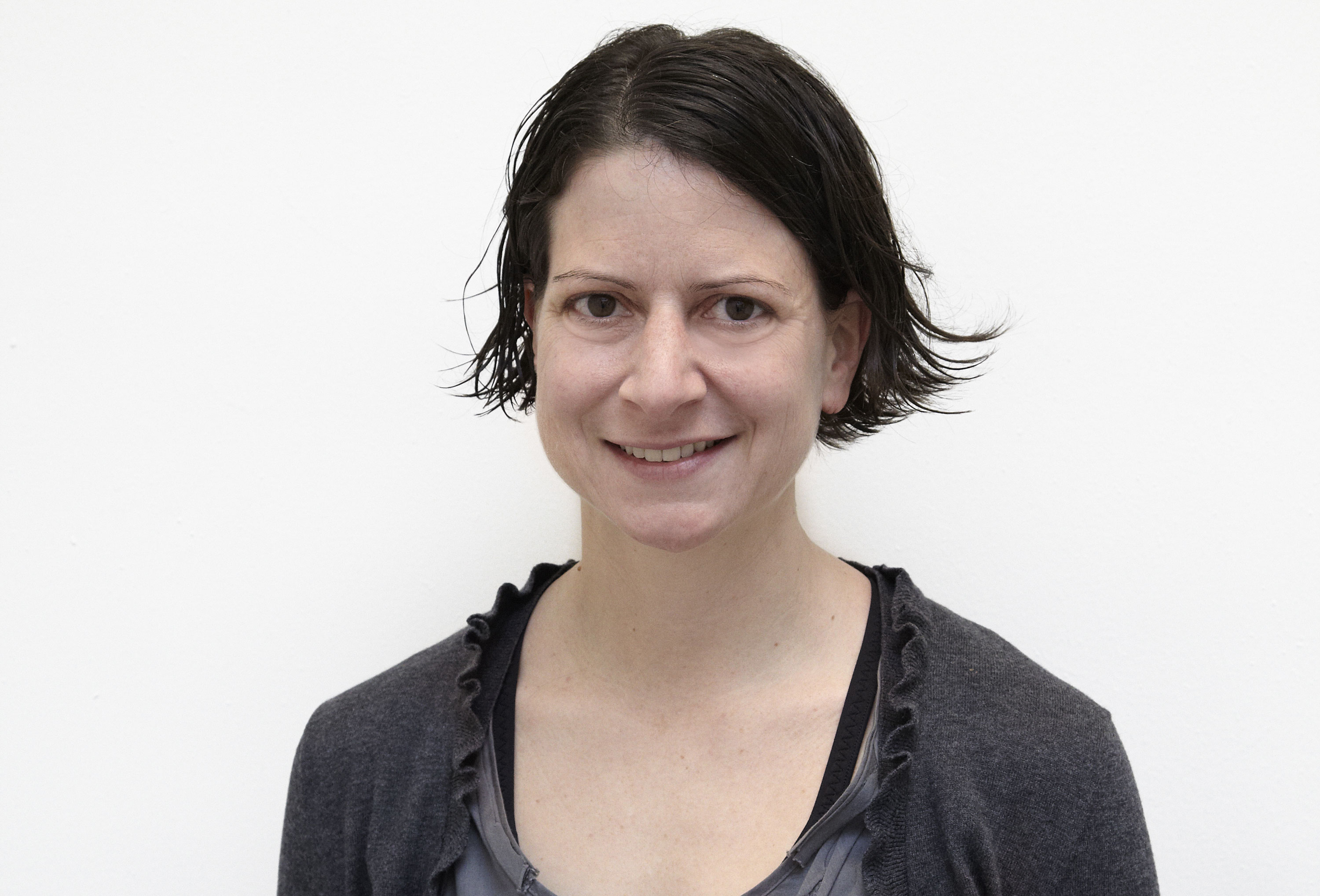Higgs Boson Physicists Snag Nobel Prize

The Nobel Prize in Physics has been awarded to two physicists who predicted the existence of the elusive Higgs boson particle, which is thought to explain why other particles have mass, the committee announced today (Oct. 8).
Early forecasts had suggested the Nobel in Physics would go to Peter Higgs, of the United Kingdom, and François Englert, of Belgium, two of the scientists who predicted the existence of the Higgs boson nearly 50 years ago. And indeed after a short delay, the committee awarded the prize jointly to Higgs and Englert "for the theoretical discovery of a mechanism that contributes to our understanding of the origin of mass of subatomic particles, and which recently was confirmed through the discovery of the predicted fundamental particle, by the ATLAS and CMS experiments at CERN's Large Hadron Collider," according to a statement on the Nobel Prize website. [Top 5 Implications of the Higgs Boson Discovery]
Two teams of scientists at the world's largest atom smasher, CERN's Large Hadron Collider, announced last year they had discovered a new particle that was likely the Higgs boson. The particle's identity was then confirmed earlier this year.
The Higgs boson was the last undiscovered piece of the reigning theory of particle physics called the Standard Model. And Englert and Higgs independently published research on the process by which particles get their mass, called the Brout-Englert-Higgs mechanism. They proposed the existence of the so-called Higgs field, an energy field that pervades space and is thought to imbue particles with mass, along with the theory of particle masses. Englert carried out his research with now-deceased Robert Brout; the Nobel Prize committee's rules dictate the science prizes can't be awarded posthumously.
"I'm thrilled that this year's Nobel Prize has gone to particle physics," said CERN Director General Rolf Heuer in a statement. "The discovery of the Higgs boson at CERN last year, which validates the Brout-Englert-Higgs mechanism, marks the culmination of decades of intellectual effort by many people around the world."
The committee apparently couldn't reach Higgs to give him the big news. "The rumor has it that he has gone into hiding for the rest of the week in anticipation," said Olga Botner, a Nobel committee member, in a live webcast. "Since this prize was so anticipated he knew that in either case, if he gets it there will be a press storm, if he doesn't get it there will be a press storm."
Englert, a Belgium citizen, was born in 1932 in Etterbeek, Belgium, and received his doctorate degree in 1959 from the Université Libre de Bruxelles, in Brussels, where he is now a professor emeritus.
Get the Space.com Newsletter
Breaking space news, the latest updates on rocket launches, skywatching events and more!
Higgs, a UK citizen, was born in 1929 in Newcastle upon Tyne. He received his doctorate degree in 1954 from King's College, University of London. He is a professor emeritus at the University of Edinburgh in the United Kingdom.
The duo will split the award money of $1.25 million (8 million Swedish krona).
Follow Jeanna Bryner on Twitter and Google+. Follow us @livescience, Facebook & Google+. Original article on LiveScience.
Join our Space Forums to keep talking space on the latest missions, night sky and more! And if you have a news tip, correction or comment, let us know at: community@space.com.


